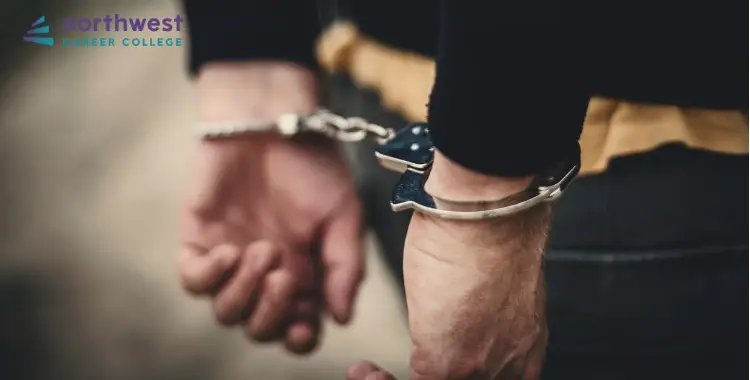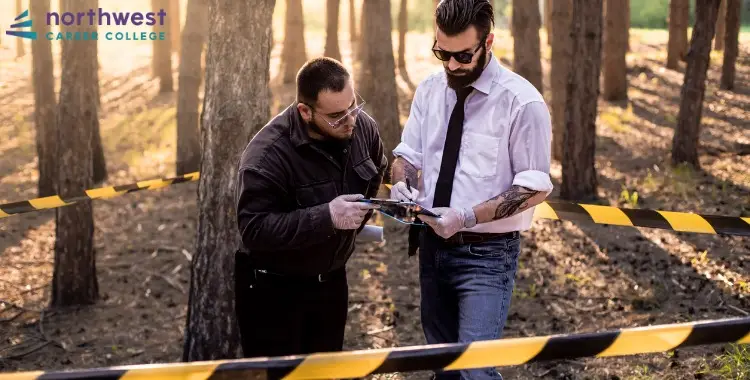The Relationship Between Poverty and Crime
- Criminal Justice
- February 28, 2025
- 9.8k views
- 4 min read

For many years, sociologists, economists, and criminologists have conducted extensive research and debates on the connection between crime and poverty. Although numerous factors play a role, there is a consensus based on evidence that poverty significantly increases the risk of criminal behavior. Understanding this relationship is crucial for creating effective policies and intervention strategies aimed at reducing crime rates and alleviating poverty at the same time.
Read More: The Influence of Media on Public Perception of Crime
Table of Contents
The Relationship between Crime and Poverty
Very often, poverty creates conditions that increase predispositions toward crime. Some significant parameters of this relationship can be viewed in the following sections:
Economic Desperation
Society’s poorest may be under much economic stress, which might propel them into criminal activities as a survival option. When basic needs such as food, shelter, and health are not available, individuals may commit theft, drug trafficking, and other crimes just to get by the day and feed their relatives.
Insufficient Educational and Employment Opportunities
There are usually lower educational levels and less access to higher job opportunities associated with poverty. This poverty, with a lack of education and jobs, can easily lead an individual into what is known as a self-perpetuating cycle of poverty and crime. In the absence of any other viable economic alternative, they take up crime as their means of livelihood.
Social and Community Factors
This may mean that poverty will socially isolate one and cause a lack of community resources while exposing them to high-crime environments. Most areas that have high levels of crime also have higher rates of poverty, meaning that social disorganization from poverty may weaken bonds and support systems in the community and be associated with higher crime rates.
The Psychological and Health Impact
Poverty can result in severe psychological and health problems, such as heightened salvation sickness and substance abuse. These conditions tend to reduce judgment, lower impulse control, and increase the chances of committing a crime. Extreme stress and trauma from poverty may lead one to commit a crime.
Discrimination and Inequality
Structural inequalities and discrimination on race, gender, and socioeconomic status can further exacerbate the link between poverty and crime. These communities are often pushed to the periphery of society due to structural barriers that undermine their economic opportunities and the realization of their possibilities through education or justice.
Strategies for Addressing the Link Between Poverty and Crime
Such relations between poverty and crime can be effectively tackled after formulating comprehensive strategies aimed at economic as well as social factors. Some practical approaches for the same are:
Expanding Education and Job Training
Such programs can accomplish this by providing education and training to individuals to enhance their opportunities for stable employment. Improved access to education and vocational training can help communities break poverty cycles and reduce crime.
Expansion of Social Services
Vital social services, chiefly housing assistance, healthcare, and mental health support, may serve as the key differentiating factor in whether individuals or families fall into or remain in poverty. Expanding such services alleviates some pressures that propel certain individuals into criminal activity.
Community Development and Support
Adequate community bonding and support for community development can help reduce crime. Programs that stress community involvement, activities directed towards youth, and neighborhood safety make the environment more supportive and less conducive to crime.
Criminal Justice Reform
The criminal justice system’s reform and restructuring from punishing to rehabilitating can help break this cycle. Instead of imprisonment, options like diversion programs and community service will reduce the long-lasting effect of criminal records on prospects. Many criminal justice schools now emphasise these rehabilitation-focused approaches, training future professionals to implement more effective solutions to break the poverty-crime cycle.
Addressing Discrimination and Inequality
Reducing the link between hardship and crime is a key strategy for addressing systemic discrimination and poverty. Policies that reduce inequality and provide equal opportunities can create a more just and stable society.
Conclusion
Understanding the intricate relationship between poverty and crime is necessary to develop effective solutions. Solving the root causes of poverty would create conducive environments, significantly reducing crime rates and improving the quality of life for all people.
A career in criminal justice offers numerous opportunities to address the intertwined issues of poverty and crime. Criminal justice professionals work to enforce the law, protect communities, and advocate for justice. Pursuing a career not just for the benefit of having a stable job but also for contributing to the overall peace and safety of the community is a big achievement.
Learn more about Criminal Justice at Northwest College Career—where we give you a thorough education and training to make a career difference in serving Criminal Justice and beyond.




